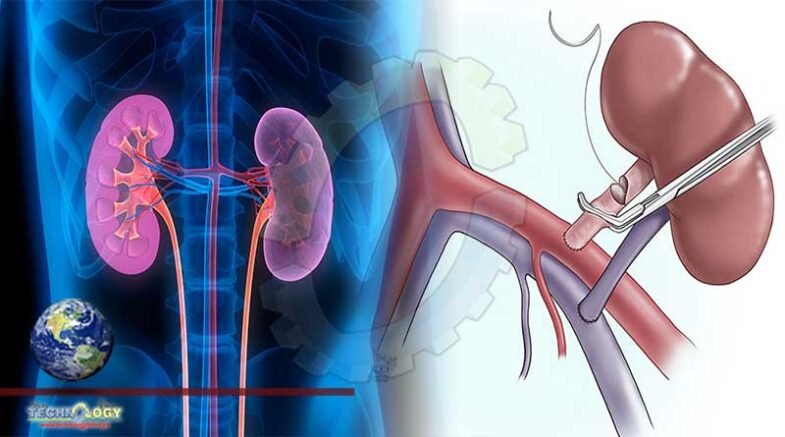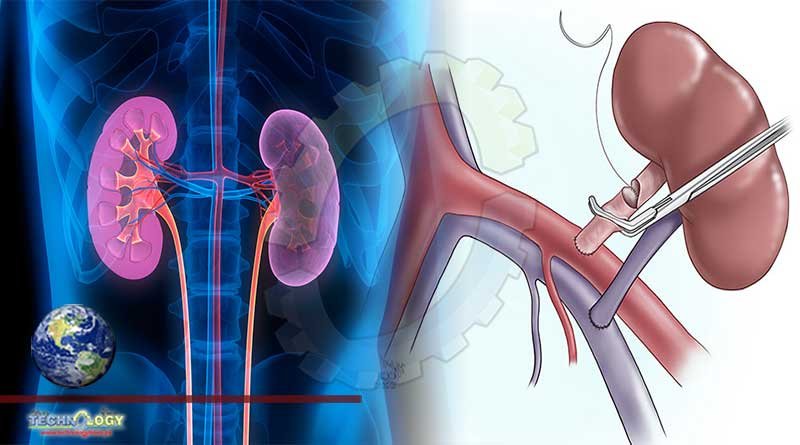Research Shows that efforts to improve access to kidney transplantation treatment for kidney failure in recent years have not been effective.

New research indicates that efforts to improve access to kidney transplantation in recent years have not been effective. The findings appear in an upcoming issue of JASN.
Kidney transplantation is the best treatment option for patients with kidney failure, significantly improving their quality of life and prolonging their survival. Unfortunately, patients can face significant barriers to being evaluated for transplantation and placed on a transplant waiting list. In recent years, studies have identified such barriers and have pointed out disparities faced by certain patient groups. Moreover, numerous policies, research studies, and interventions have been designed to address these shortcomings and improve access to transplantation.
To examine the effects of such efforts, Jesse Schold, PhD, MStat, MEd (Cleveland Clinic) and his colleagues analyzed information on 1,309,998 adults with kidney failure listed in the United States Renal Data System from 1997 to 2016. The researchers found no overall improvement in rates of wait list placement and transplantation over the 2 decades, and they found consistently low rates among vulnerable populations, such as those in lower income communities.
“These findings suggest that the cumulative efforts to improve access to transplantation have had minimal effect in the overall population and more effective strategies are needed,” said Dr. Schold. “In addition, disparities in access to transplantation are striking and suggest that many factors beyond clinical risks and viability for the procedure impact patients’ ability to receive a transplant.”
Dr. Schold stressed that more effective and proactive strategies are needed to improve access to transplantation. “These may include systematic capture of patients referred and evaluated for transplantation, automated referral of patients for transplantation based on eligibility criteria, and incentive policies such as those initiated by the Executive Order for Advancing American Kidney Health.”
Originally published at Eurek Alert
